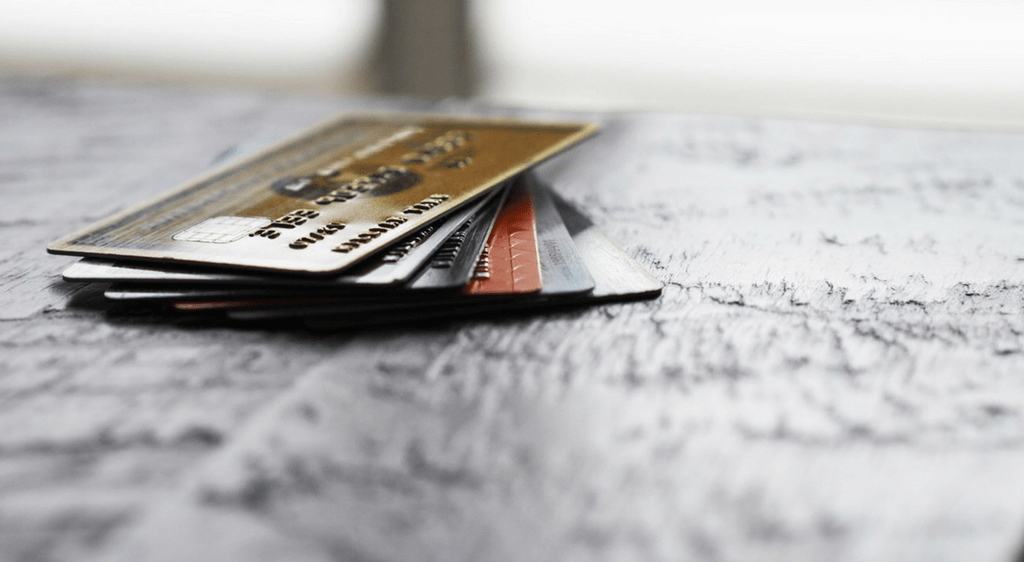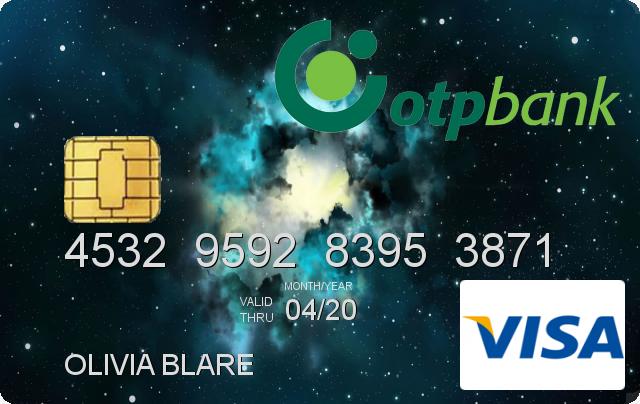Large unauthorised contactless payments can be made on locked iPhones by exploiting how an Apple Pay feature designed to help commuters pay quickly at ticket barriers works with Visa.
In a video, researchers demonstrated making a contactless Visa payment of £1,000 from a locked iPhone.
Apple said the matter was “a concern with a Visa system”.

Visa said payments were secure and attacks of this type were impractical outside of a lab.
Mar 31, 2021 1:28PM EDT. V has expanded its Visa Direct capabilities with the introduction of Visa Direct Payouts. This new solution uses a single point of connection for push payments. Global payments processor VISA warns that threat actors are increasingly deploying web shells on compromised servers to exfiltrate credit card information stolen from. Image source, Getty Images Large unauthorised contactless payments can be made on locked iPhones by exploiting how an Apple Pay feature designed to help commuters pay quickly at ticket barriers works with Visa. In a video, researchers demonstrated making a contactless Visa payment of £1,000 from a locked iPhone. Apple said the matter was “a.
September 30, 2021, 12:26 AM 5 min read. Apple contactless. Large unauthorised contactless payments can be made on locked iPhones by exploiting how an Apple Pay feature designed to help commuters pay quickly at ticket barriers works with Visa. In a video, researchers demonstrated making a contactless Visa payment of £1,000 from a locked iPhone.
The problem, researchers say, applies to Visa cards set up in ‘Express Transit’ mode in an iPhone’s wallet.
“Express Transit” is an Apple Pay feature which enables commuters to make quick contactless payments without unlocking their phone, for example touching-in and touching-out at a London Underground ticket barrier.
It is a weakness in how Visa systems work with this feature, that researchers from the Computer Science departments of Birmingham and Surrey Universities, discovered how to attack.
In demonstrating the attack, the scientists only took money from their own accounts.
In very simple terms – and with many key details deliberately omitted- the attack works like this:
- a small commercially available piece of radio equipment is placed near the the iPhone, which tricks it into believing it is dealing with a ticket barrier
- at the same time an Android phone running an application developed by the researchers is used to relay signals from the iPhone to a contactless payment terminal – this could be in a shop or one the criminals control
- because the iPhone thinks it is paying a ticket barrier, it doesn’t need to be unlocked
- meanwhile the iPhone’s communications with the payment terminal are modified to fool it into thinking the iPhone has been unlocked and a payment authorised – allowing high value transactions to be made without entering a PIN, fingerprint or using Face ID
In a demonstration video seen by the BBC, researchers were able to make a Visa payment of £1,000 without unlocking the phone or authorising the payment.
The researchers say the Android phone and payment terminal used don’t need to be near the victim’s iPhone.
“It can be on another continent from the iPhone as long as there’s an internet connection” said Dr Ioana Boureanu of the University of Surrey.
The researchers have so far demonstrated the attack only in the “lab” – and there’s no evidence that criminals are currently exploiting the hack.
Ken Munro, a security researcher with Pen Test Partners, who was not involved in the research, told the BBC it was “a really innovative piece of research” and needed to be fixed quickly.
He said it’s a similar attack to having a contactless credit card terminal tapped against your wallet or purse.


But this attack was rather more insidious, he said, as it doesn’t need the card terminal any more – just a small box of electronics that can relay the fraudulent transaction elsewhere
“Perhaps the greatest worry is for a lost or stolen phone. The crook doesn’t have to be concerned about being spotted by others as they carry out the attack any more.”
The university researchers also said the attack might be easiest to deploy against a stolen iPhone.

The researchers say they first approached Apple and Visa with their concerns almost a year ago – there have been “useful” conversations, but the problem has not been fixed.
Visa’s view was that this type of attack was “impractical”.
It told the BBC that it took all security threats seriously, but “Visa cards connected to Apple Pay Express Transit are secure, and cardholders should continue to use them with confidence.
“Variations of contactless fraud schemes have been studied in laboratory settings for more than a decade and have proven to be impractical to execute at scale in the real world”.
It is possible, for example, that Visa’s fraud detection systems would spot and block unusual patterns of spending, although the researchers did not encounter this problem in their lab tests.
There’s also the practical problem of getting close to a victim’s phone.

Anyone who thinks they have lost their phone can use Apple’s iCloud to block Apple Pay or wipe the phone, and they can also alert Visa and block payments.
Apple told the BBC: “We take any threat to users’ security very seriously. This is a concern with a Visa system but Visa does not believe this kind of fraud is likely to take place in the real world given the multiple layers of security in place”.
“In the unlikely event that an unauthorised payment does occur, Visa has made it clear that their cardholders are protected by Visa’s zero liability policy”.
But Dr Andreea Radu, of the University of Birmingham who led the research, told the BBC complex attacks that work in the lab can end up being used by criminals.
“It has some technical complexity – but I feel the rewards from doing the attack are quite high”, she said, adding that if unaddressed “in a few years these might be become a real issue”.
Dr Tom Chothia also at the University of Birmingham, said iPhone owners should check if they have a Visa card set up for transit payments, and if so they should disable it.
“There is no need for Apple Pay users to be in danger, but until Apple or Visa fix this they are”, he said.
The researchers also tested Samsung Pay, but found it could not be exploited in this way.
They also tested Mastercard but found that the way its security works prevented the attack.
Visa Hacked 2021
Co-author Dr Ioana Boureanu, from the University of Surrey, said this showed systems could be “both usable and secure”.
Visa Hacked Numbers
The research is due to be presented at the 2022 IEEE Symposium on Security and Privacy. (BBC)